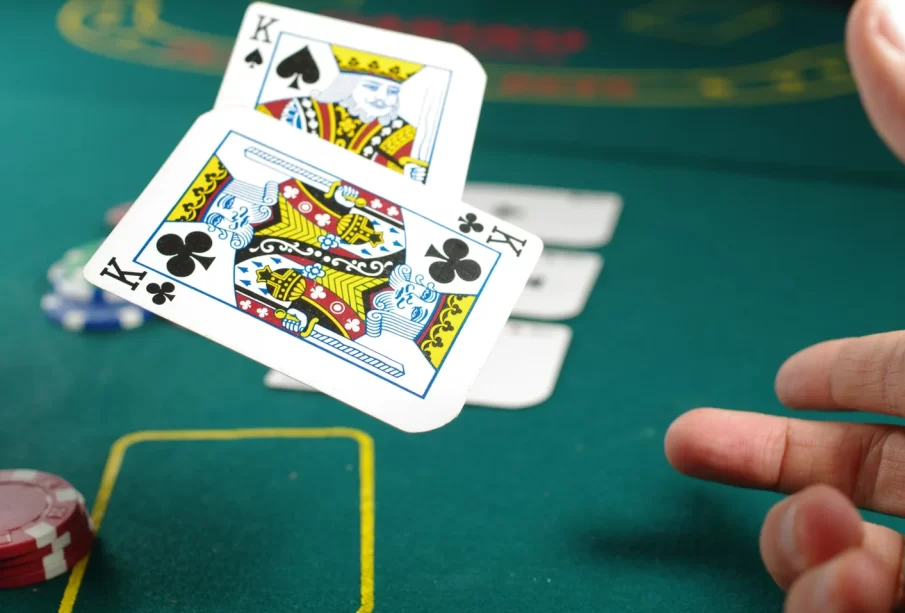Artificial intelligence bluffs better

Bluffing, a strategy often associated with poker and other strategic games, is not just a human forte anymore. The realm of artificial intelligence (AI) has expanded remarkably, now encompassing the art of deception in gameplay.
Understanding Bluffing in Games
Bluffing is a tactical act of deception, pivotal in games like poker. It involves psychological acumen and strategic foresight, traditionally viewed as a uniquely human skill. Bluffing adds depth to games, making them not just about the cards in play but also about outmaneuvering opponents psychologically.
Evolution of AI in Strategy Games
AI’s journey began with mastering deterministic games like chess and Go. These early successes were monumental, but they were in realms where all information was visible and predictable. The leap to games involving bluffing, where uncertainty and psychology play critical roles, presented new challenges for AI developers.
How AI Learns to Bluff
The secret behind AI’s ability to bluff lies in advanced machine learning techniques and neural networks. These AIs are trained on massive datasets, learning from thousands of game scenarios. They don’t just play the odds; they learn to predict and react to human behavior, refining their bluffing strategies over time.
Implications of Bluffing AI
The prowess of bluffing AI has significant implications. In the gaming world, it’s revolutionizing how poker and similar games are approached. Beyond gaming, the principles of AI bluffing find potential applications in areas like negotiation strategies and cybersecurity, where understanding and predicting human behavior are crucial.
Future Directions and Research
As AI continues to evolve, its ability to understand and mimic human psychological processes will only improve. Future research may focus on enhancing AI’s interpretation of human emotions and decision-making, pushing the boundaries of AI-human interaction.
Conclusion
AI’s emerging ability to bluff and deceive in strategic gameplay marks a new era in the field of artificial intelligence. This evolution from computation to psychological strategy signifies a significant leap, blurring the lines between artificial and human intelligence.











